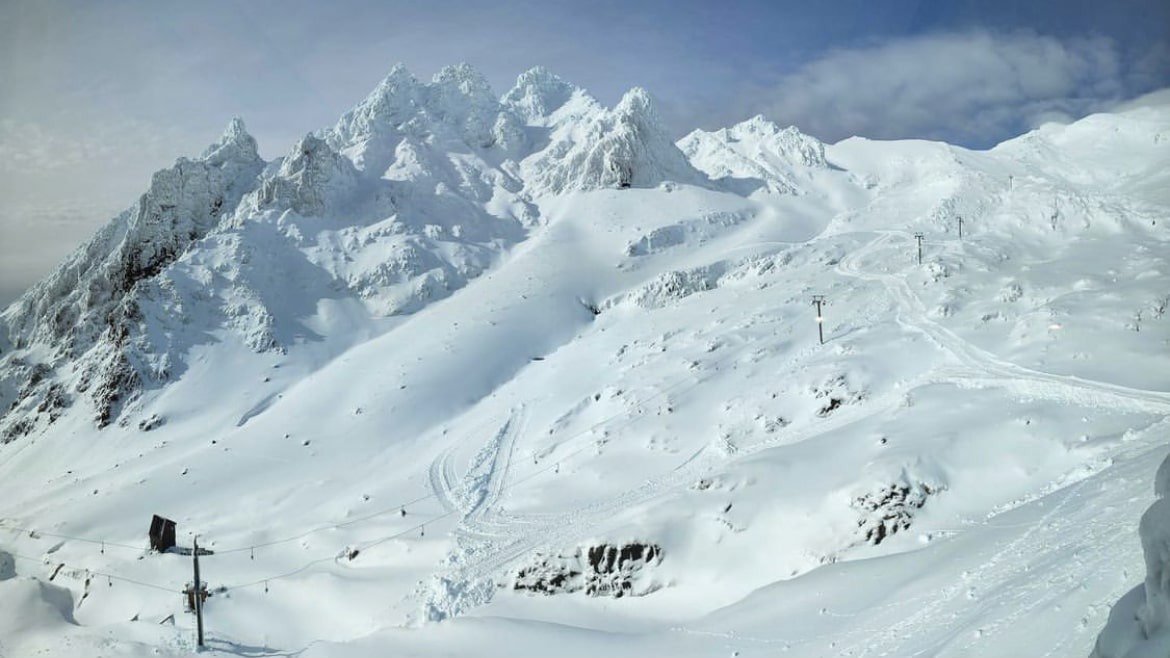Ruapehu Alpine Lifts (RAL), the company responsible for operating the renowned Mt Ruapehu ski resort, faced a crucial moment yesterday as creditors gathered to determine the resort's future. Today, the High Court in Auckland delivered a verdict of liquidation, highlighting the severe financial crisis gripping the ski resort.
One of the options presented to creditors was the opportunity to acquire Turoa and Whakapapa ski fields for a nominal $1, a ray of hope in a bleak situation. However, even this option failed to materialize, leaving RAL with no choice but to pursue liquidation. The resort's lawyer, David Friar, acknowledged the company's insolvency, expressing that they were "hopelessly insolvent and unable to pay its debts."
The court, presided over by Justice Christine Grice, made the difficult decision to place Ruapehu Alpine Lifts into liquidation. This ruling not only impacts the ski resort but also raises concerns about the local economy, tourism, and the livelihoods of those employed by the resort.
In addition to the financial challenges, like ski resorts worldwide Mt Ruapehu has been grappling with snow security issues caused by climate change. The warming climate has resulted in unpredictable weather patterns and decreased snowfall, making it increasingly difficult to maintain optimal ski conditions throughout the season. This struggle has added to the resort's existing hardships and further threatened its viability.
The consequences of the resort's liquidation will extend beyond RAL and its employees. Local businesses that depend on tourism and visitor traffic during the ski season will experience a significant downturn. Accommodation providers, restaurants, and other related industries may face layoffs and financial hardships, potentially impacting the entire community.
Moreover, the closure of Mt Ruapehu ski operations would be a huge blow to the NZ ski industry as it is the largest and most developed ski resort on the more populous North Island.


Comments